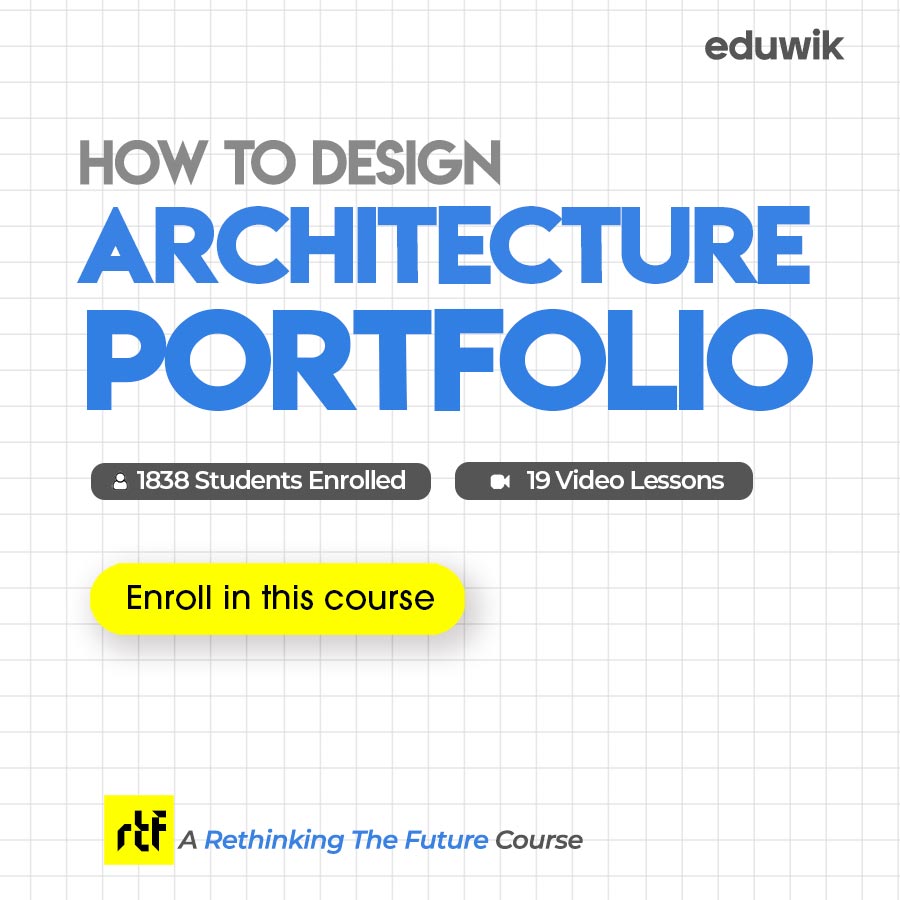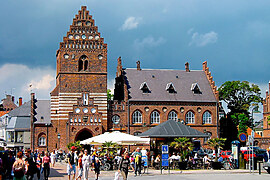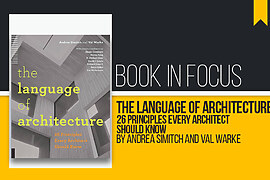Artificial Intelligence in architecture, a topic much debated, seems to be taking over the world at an exponential rate. A few decades back, a lot of work or labour was done by manual means. Then came the industrial revolution, which changed the production process of goods and construction materials. Ever since then, the world has been on an upward trajectory in terms of technological development. The growth is phenomenal to the point where several premonitions about AI dominating humankind have become popular speculation. What if this indeed happens in the future?
“We can see a short distance ahead, but we can see plenty there that needs to be done”–Alan Turing.
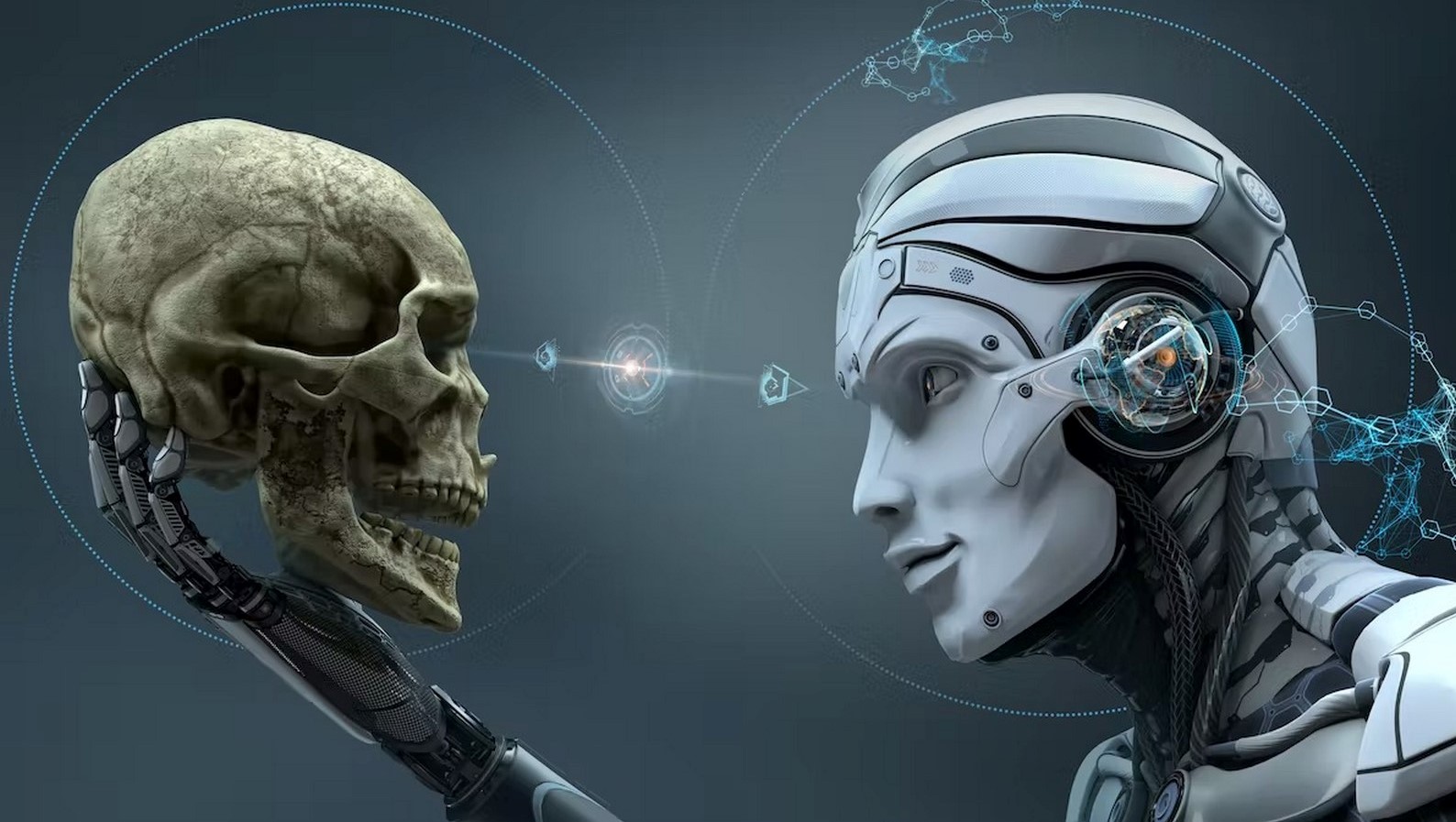
Neil Leach, an architectural theorist and a professor at various established institutes, puts forward his thought in an interview with The Blessedarch Lounge about the same from an architect’s point of view. One can’t help but notice the fast-paced shift in the field of architecture, which continues to surprise us in every way possible. In response to this change, Architect Neil Leach made an impressive set of observations that turned him into the author of a dozen books like ‘Rethinking Architecture’, ‘ The Anaesthetics of architecture ‘, ‘ Digital Cities ‘, etc. The interview starts with Neil’s idea of Artificial intelligence and what he defines it to be. He also points out that rather than looking at what AI is, we must think about where AI is.
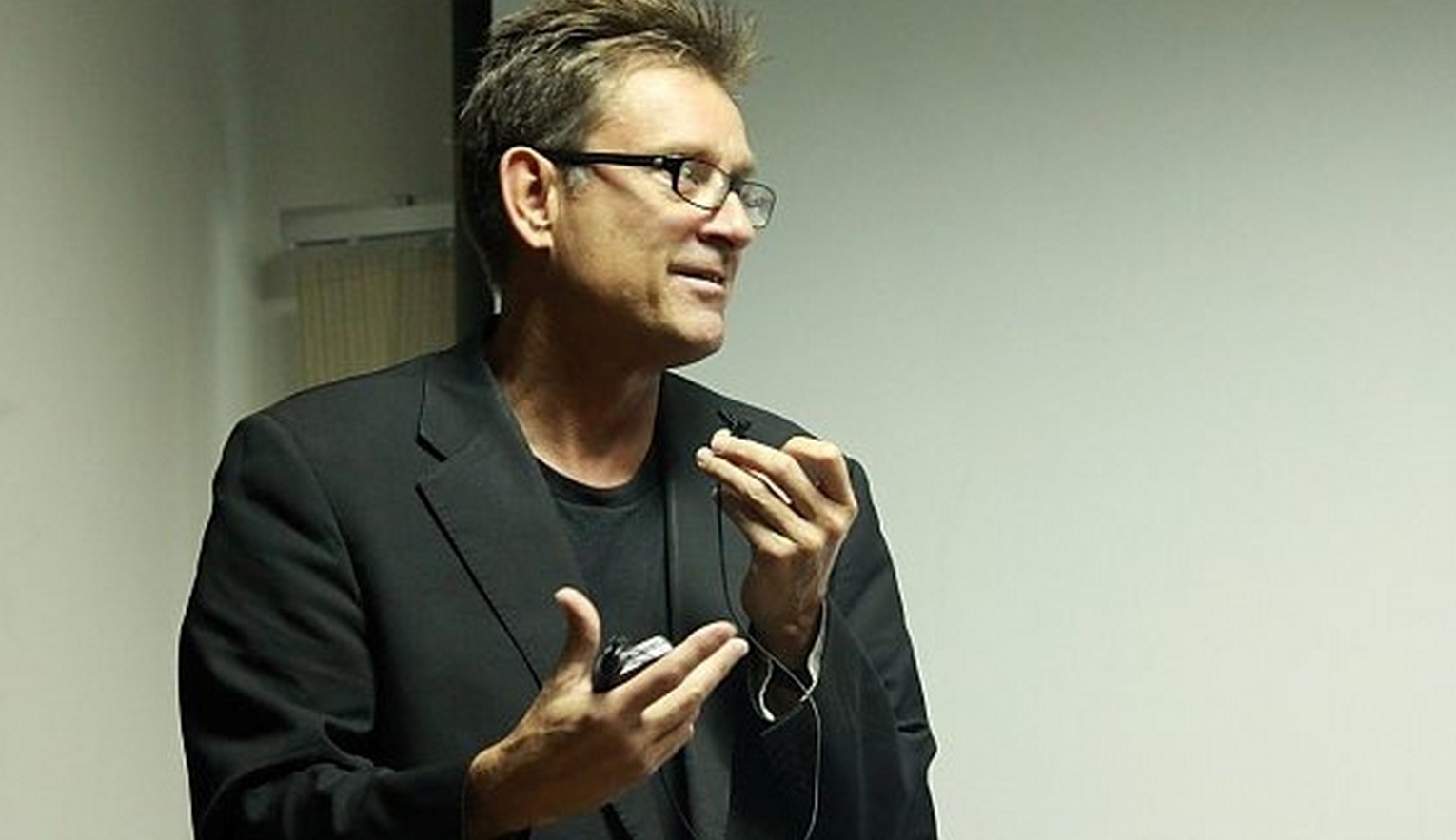
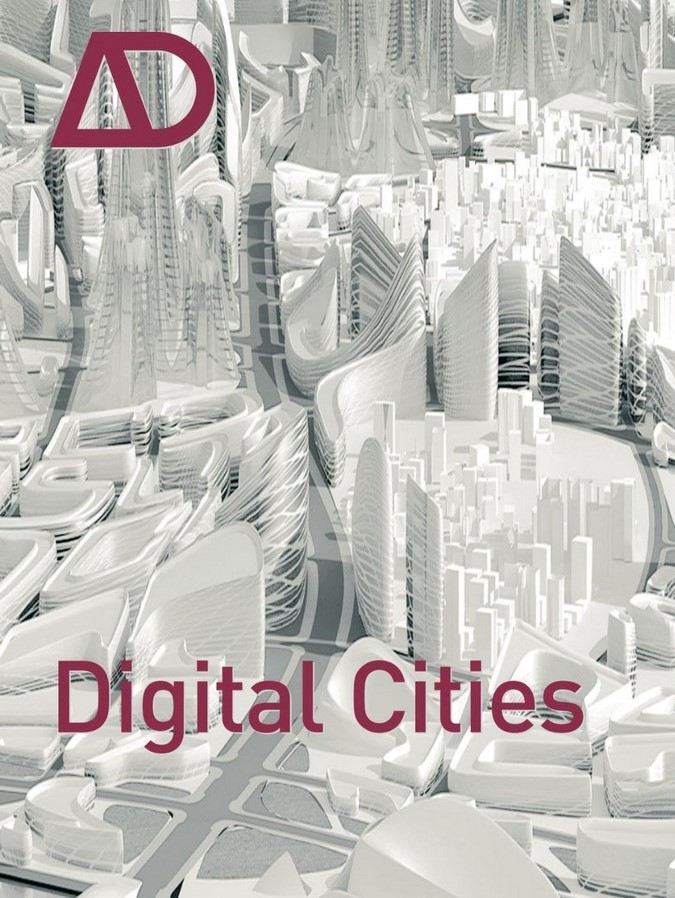
When it comes to Artificial Intelligence in architecture, Neil often thinks about the term ‘Deep Learning’, the concept of learning machines which he further speaks about in the interview. He mentions how AI is itself a revolution, just like the previous ones which marked history. Both Rishabh and Neil talk about how AI exists in almost everything we see today. A common example is social media like Whatsapp, Instagram, Meta, etc. Earlier, we had to flip through numerous books, newspaper clips, and a journal to arrive at the smallest bit of information, but today Google has the answer to everything!
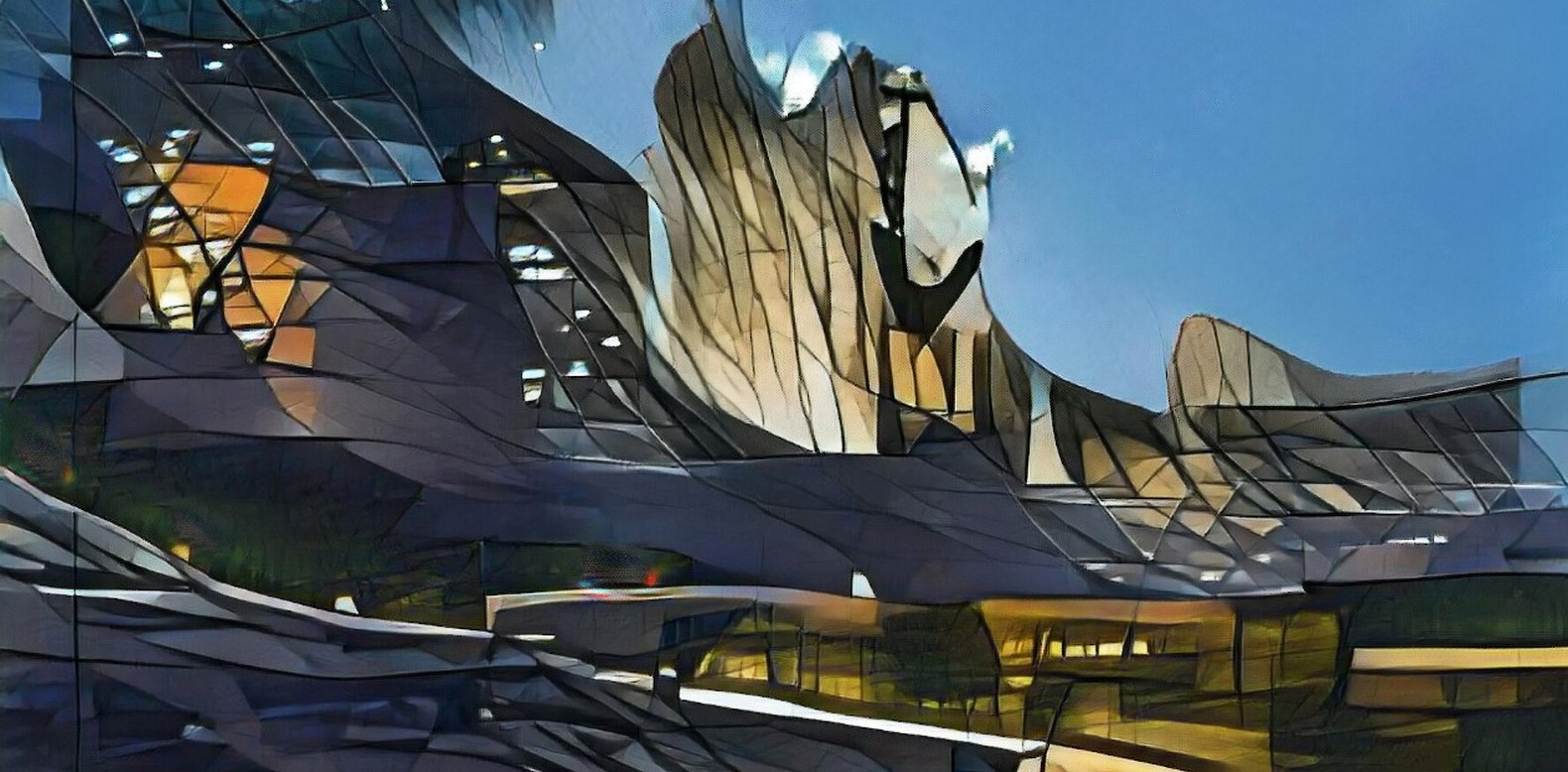
So the next question is, will AI continue to be a boon to us or turn into a regretful bane? Though Neil acknowledges the fact that some of us think that AI can quite possibly contribute to a dystopian future, as hinted in several novels and movies, he explains how this may not be true and that the dark side of AI is just a projection of our fear. However, he does believe that AI can soon think like us and even behave like us. Since this is the AI decade, architecture seems to develop the most when it comes to alternative sustainable materials and forms. Neil points out how architecture has so much scope to develop further with the help of tools, as seen in Coop Himmelb(l) au’s and ZHA’s ideologies and techniques used to constantly reconfigure architecture every second, quite literally!
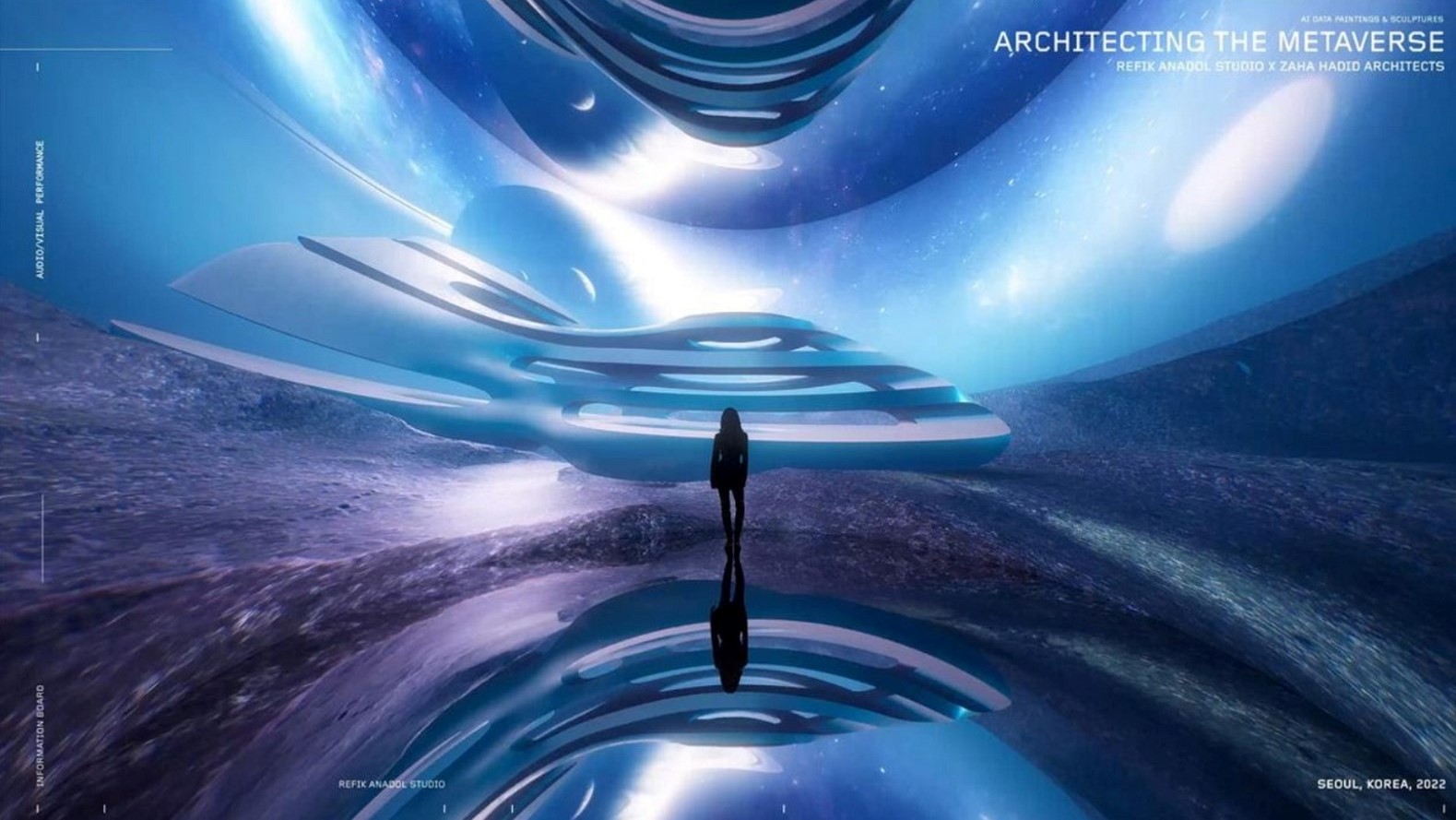
If you have seen Instagram handles with imaginative renders and envelopes which surpass reality, then it’s only a matter of time before they prove to be true. Such is the belief of Neil, who talks about how buildings can soon be hallucinated! As much as we think that AI may soon replace what architects do today, it also seems to open up a new horizon for architects in terms of architectural visualization and the architecture of many other products. Architecture may even turn into a completely different profession in the future. Soon we can experience a space, let alone visualize it before it comes into existence. Architecture has already moved ahead with the help of Building Information Modelling, a fresh-emerging perspective of architecture that we continue to explore currently.
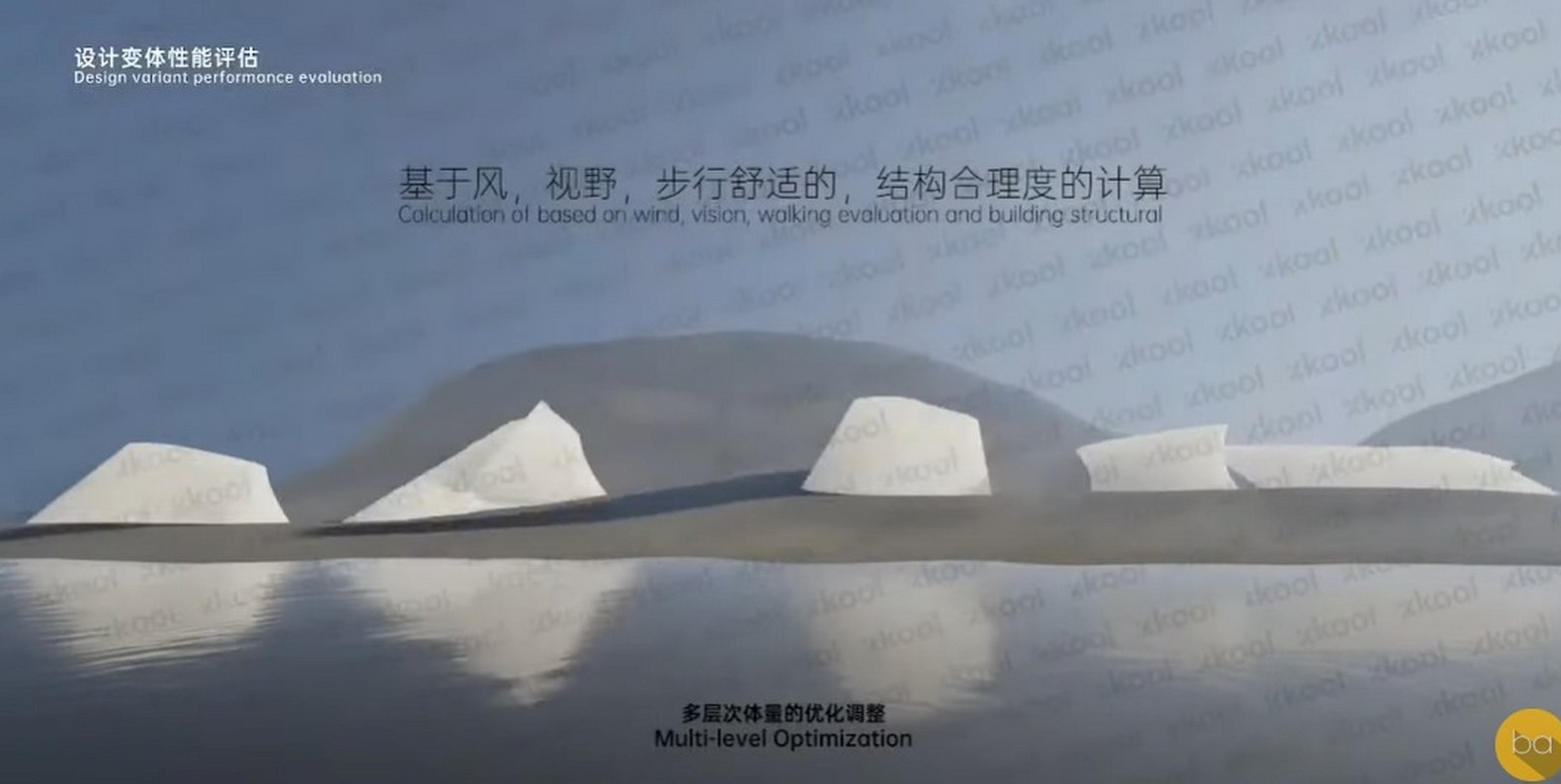
However, the interview then speaks of a bigger issue we face as architects and architecture students. Though the world seems to be ahead of the old times, we still cling to the architecture of the past. While some believe that architecture must evolve as an emotional response to the people and the context as it always did, others believe it’s time to look at what the future has to offer us. So the question is, should design lean towards the essence and tradition of a place, or should it evolve into a dynamic and technologically-driven module? Architect Neil talks about finding out the possibilities of how AI-driven architecture will help us in the future through several platforms and organizations which are yet to be released. He also tells us about the new AI trends that are a bunch of hot topics today. A thoughtful discussion about the relationship between architecture and AI leads us to believe that the world will see two different types of architects. And so, which type of architect would finally win?
Reference links:
Neil Leach. (Last Edited 22nd July 2021). Wikipedia. [Online]
Available at : https://en.wikipedia.org/wiki/Neil_Leach
(Accessed 8th October 2022)
Artificial Intelligence. (Last edited 11th Ocober 2022). Wikipedia. [Online]
Available at: https://en.wikipedia.org/wiki/Artificial_intelligence
(Accessed 8th October 2022)
BlessedArch. Youtube. Artificial Intelligence in Architecture with Neil Leach | The Blessedarch Lounge. [Online]
Available at: https://youtu.be/Z0bBdYijfaU
(Accessed 7th October 2022)







